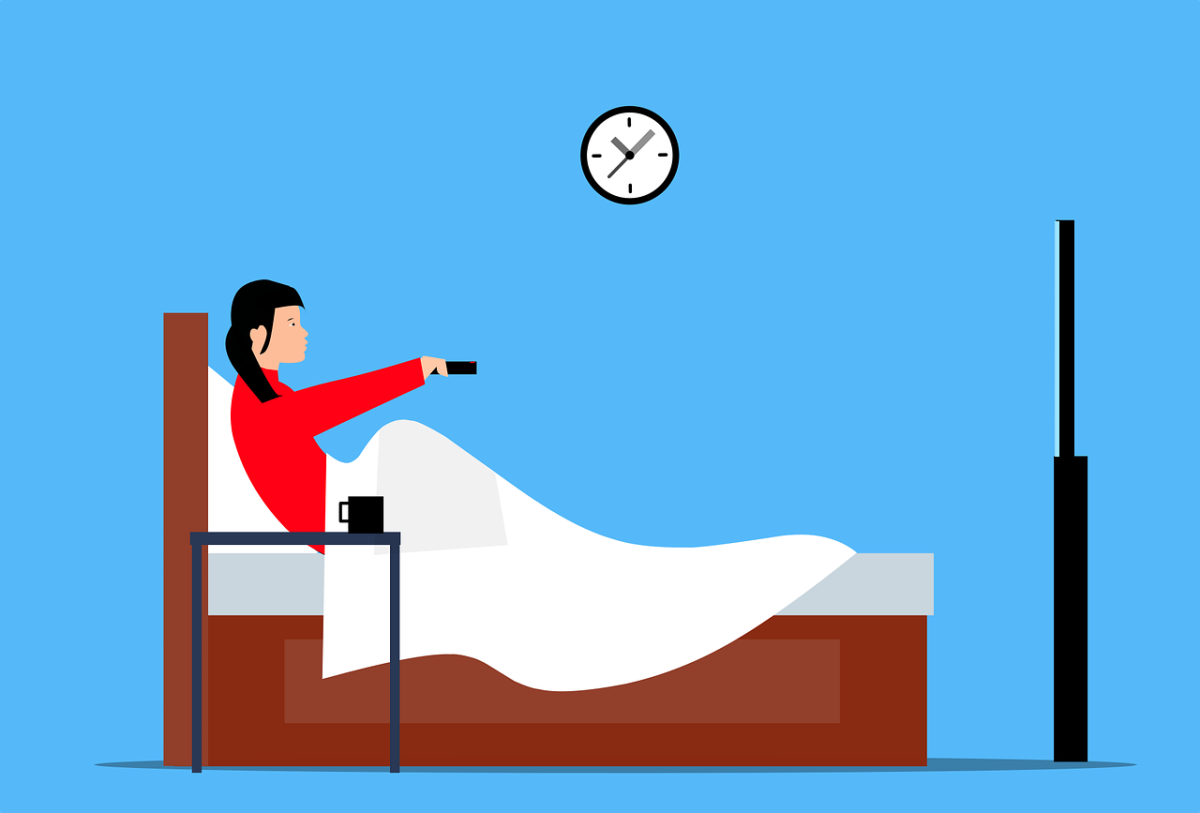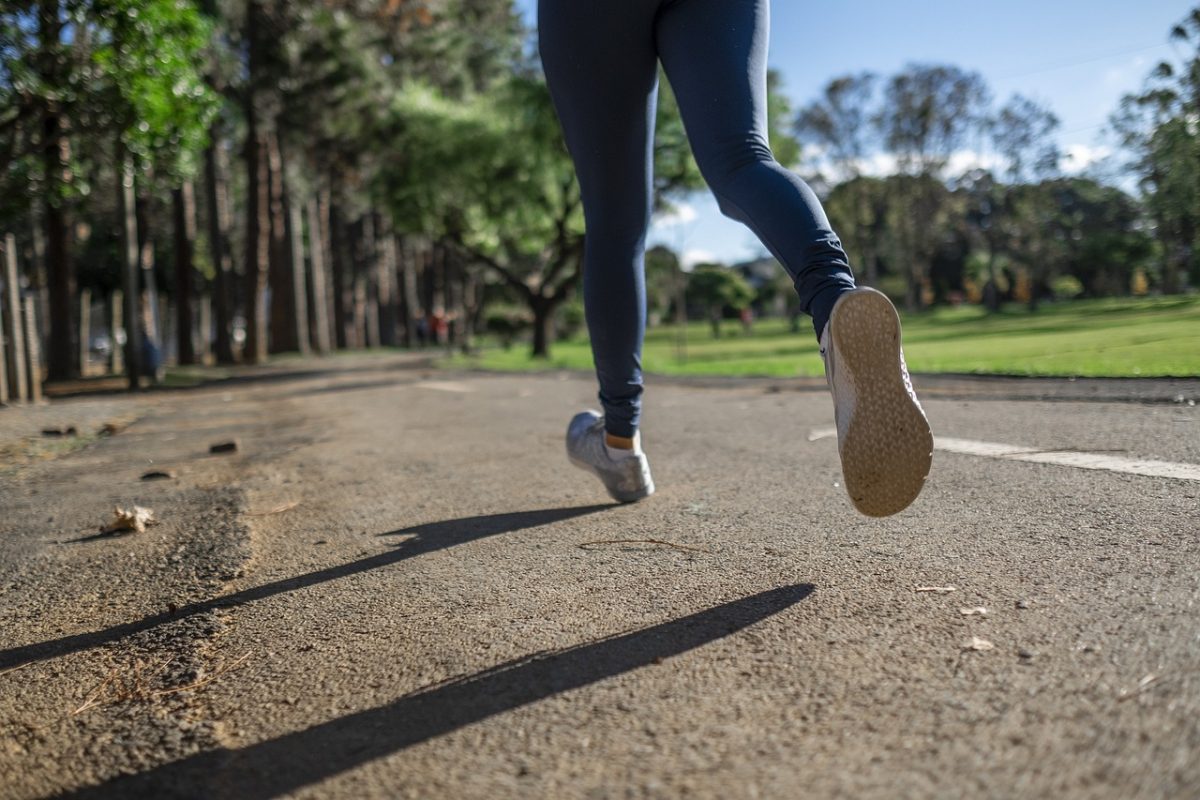In our modern world, it’s easy to end up living a mostly inactive lifestyle. I’ve noticed that many of us spend long hours sitting at work or school, then unwind on the couch or spend time on screens. Although this might seem comfortable, it’s important to recognize that moving our bodies every day is essential for our overall health.
Being in college, we all juggle busy schedules. I would try to find a balance between my schedule and physical activity, but I just never made exercise a priority. I’d tell myself that I was too tired, that there wasn’t enough time or that I’d get to it later. But over time, I started to feel the impact.
My energy levels dipped, my focus wasn’t as sharp and I noticed I wasn’t sleeping as well. It wasn’t until I committed to incorporating daily exercise into my routine that I truly started to feel better, both physically and mentally.
Exercise has so many benefits, and I’ve seen them firsthand. Physically, it’s a game-changer. I’ve found that regular movement, whether it’s a quick walk or a more intense workout, has helped strengthen my muscles and keep my body feeling strong. It also works wonders for heart health and maintaining a healthy weight.
But perhaps the most surprising thing for me was how much it improved my immune system. I used to catch colds regularly, but after getting into a consistent exercise routine, I noticed I was getting sick far less often.
Mentally, the benefits of exercise are equally significant. After a long day, when stress was piling up, I’d often feel drained and anxious. One evening, a friend suggested we take a walk to clear our heads. I reluctantly agreed, but by the time we finished, I felt a lot better. That simple walk, and the fresh air that came with it, shifted my mood entirely. I realized that moving my body helped release stress in a way I hadn’t expected.
It’s those little moments that show how powerful movement can be for mental health. It can make the toughest day feel a bit lighter. Even a short amount of exercise each day can help manage symptoms of anxiety and depression. Regular movement also enhances cognitive functions like memory and concentration, making it easier to stay focused and be productive.
I’ve found that exercise doesn’t have to be complicated. I used to think I needed a gym membership or hours of free time to stay active. But I’ve since learned that it’s really about the little things. Some days, all I do is take a walk around campus or do yoga in my room. Other days, I’ll go for a run or play pickleball with my friends. As long as I’m moving, I’m doing something good for my body and mind.
Of course, there are days when my motivation is low, and I’d rather curl up with a book or binge-watch a show. But I’ve come to see those moments of movement as an act of self-care. It’s my way of taking a break and prioritizing my well-being. Even when it’s just for 10 or 15 minutes, I feel a sense of accomplishment when I get moving.
I used to think of exercise as something I had to do, but now I see it as something I get to do. It’s a way to celebrate my body and everything it’s capable of. Whether it’s a structured workout or just finding small ways to stay active throughout the day, every bit of movement counts. And in the end, both my body and mind are better for it. Make the commitment to move every day. Your body and mind will appreciate it.
































